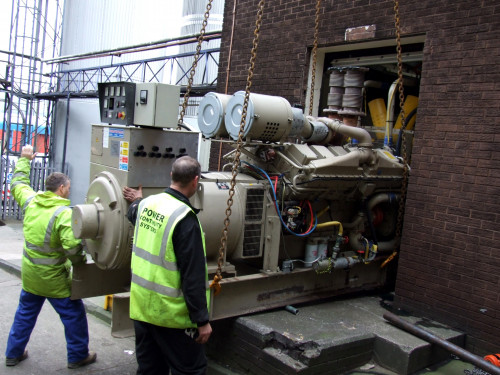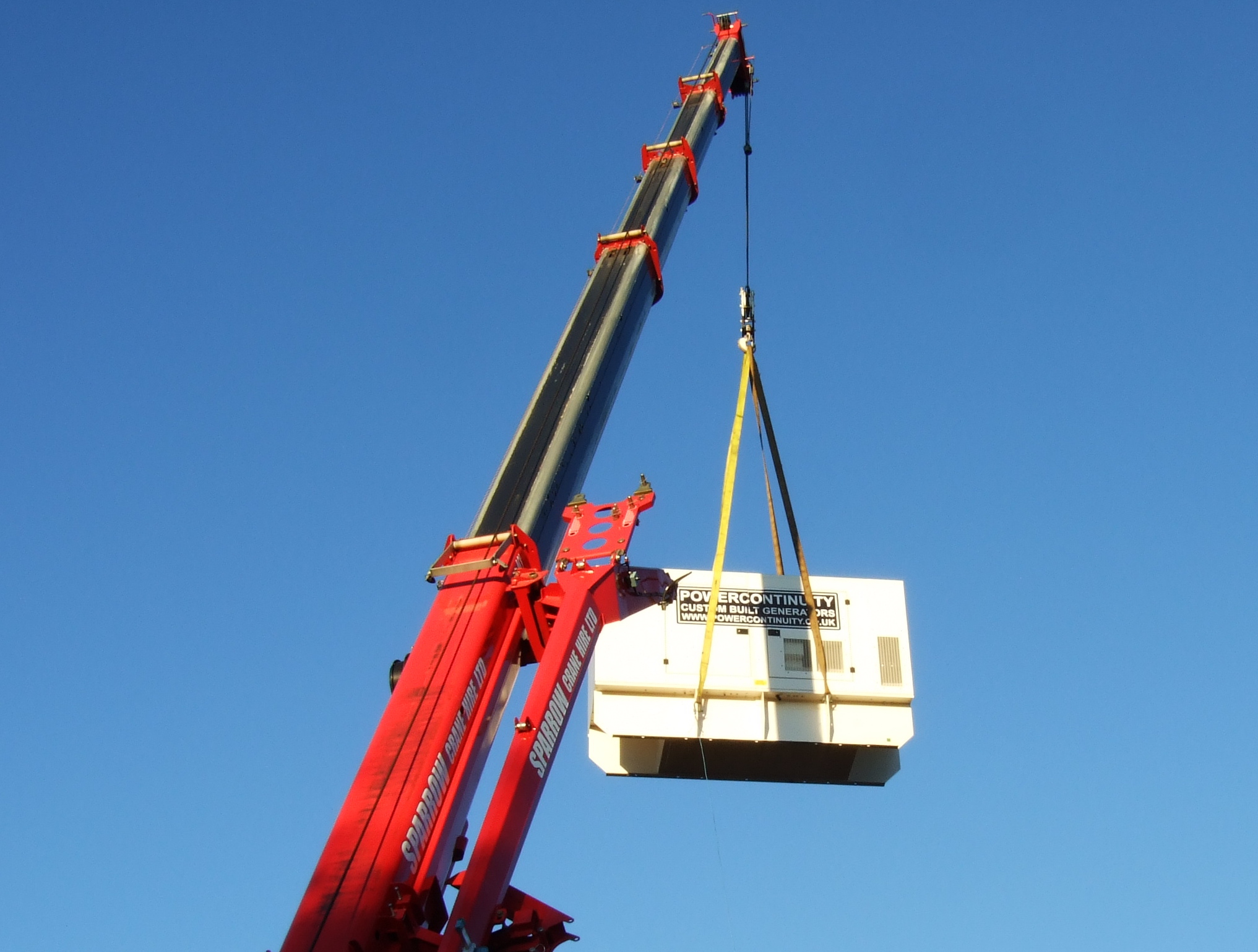Maximizing Power: A Comprehensive Guide to Diesel Generator Installation
Introduction:
In today’s world, where uninterrupted power supply is critical for both residential and commercial establishments, diesel generators play a pivotal role. Installing a diesel generator is a strategic decision that ensures reliable power backup during outages. In this comprehensive guide, we will delve into the intricacies of diesel generator installation, covering key aspects and considerations to maximize efficiency and performance.
- Site Selection and Preparation: The first step in diesel generator installation is choosing an optimal location for the generator. Consider factors such as proximity to the main electrical panel, accessibility for fuel delivery, and compliance with local regulations. Adequate ventilation is crucial to dissipate heat generated during operation. Prepare a level concrete pad as the foundation for the generator, ensuring stability and proper weight distribution.

- Sizing the Generator: Choosing the right-sized generator is essential for efficient operation. Conduct a thorough load analysis to determine the power requirements of your facility during an outage. Oversized generators can lead to inefficient fuel consumption, while undersized ones may fail to meet the demand. Consulting with a professional engineer or generator specialist can help ensure accurate sizing for your specific needs.
- Fuel Supply and Storage: Diesel generators rely on a steady supply of fuel. Install a dedicated fuel tank with sufficient capacity to meet the generator’s runtime requirements. The fuel tank should comply with local regulations, be made of corrosion-resistant materials, and include adequate spill containment measures. Regular fuel testing and maintenance are essential to ensure the fuel quality and prevent issues during operation.
- Exhaust System Installation: Proper exhaust system installation is crucial for the safety and performance of the diesel generator. Install the exhaust system according to local regulations to minimize environmental impact and ensure proper ventilation. Consider the placement of the exhaust outlet to prevent any potential hazards, such as carbon monoxide buildup, and install a muffler to reduce noise emissions.
- Electrical Connections: Ensure a seamless integration of the generator into the existing electrical system by working with a certified electrician. The generator should be connected to the main distribution panel through an automatic transfer switch (ATS). The ATS monitors the main power supply and automatically switches to the generator during an outage, ensuring a smooth transition. Proper grounding is essential to safeguard against electrical faults and ensure user safety.

- Regular Maintenance and Testing: Diesel generators require regular maintenance to ensure optimal performance when needed. Establish a routine maintenance schedule that includes checking fuel levels, inspecting the exhaust system, and testing the generator under load conditions. Regular testing ensures that the generator operates as expected during power outages and helps identify and address any potential issues in advance.
- Compliance with Local Codes and Regulations: Adherence to local building codes and regulations is critical for a safe and legal diesel generator installation. Obtain any necessary permits before starting the installation process, and ensure that the installation complies with environmental and safety standards. Non-compliance can lead to fines, legal issues, and potential hazards.
Conclusion:
Diesel generator installation is a significant investment in ensuring a reliable power supply during unexpected outages. By carefully considering site selection, proper sizing, fuel supply, exhaust system installation, electrical connections, regular maintenance, and compliance with local regulations, you can maximize the efficiency and longevity of your diesel generator. Remember, a well-planned and executed installation not only provides peace of mind during power interruptions but also contributes to the overall safety and resilience of your facility.

Recent Post
What is The Meaning of a Medusa Tattoo?
January 9, 2025
The Meaning of Encanto in Spanish and Origin
January 4, 2025
Equivalent Phrases For “Including But Not Limited To”
December 30, 2024
How To Make Weekend Greetings More Fun?
December 30, 2024
10 Modern Sayings Similar To “Be There Or Be Square”
December 30, 2024








